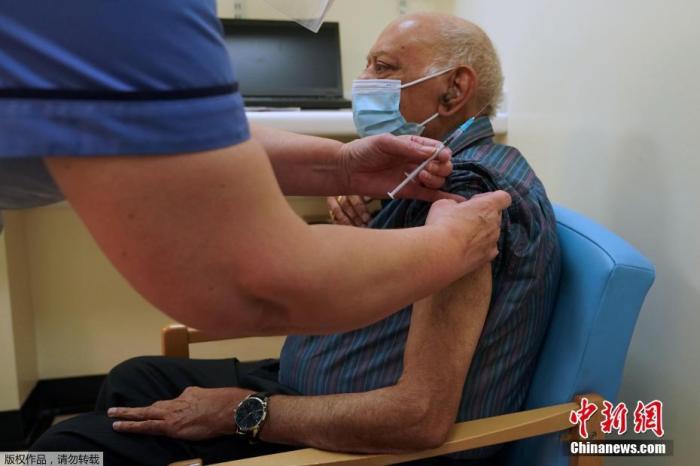Reuters reported that on the 17th local time, the United Kingdom became the first country in the world to approve the “human challenge test” of the novel coronavirus. The trial will proactively expose volunteers to COVID-19, thus advancing research on diseases caused by COVID-19.
According to the report, the trial is expected to start within a month, and up to 90 healthy volunteers between the ages of 18 and 30 will be exposed to the novel coronavirus during the trial.
The goal of the initial trial is to understand how the virus infects humans and how it can spread successfully from person to person.
Before participating in the trial, volunteers will be screened for health risks and quarantined for 14 days. After passing the health screening, volunteers will be infected with COVID-19 through the nasal cavity, and medical staff will closely monitor their physical condition.
In addition to regular blood and heart rate tests, medical staff will provide volunteers with olfactory cards to detect loss of smell.
To maximize the safety of the trial, the research team will only use a strain that has been transmitted in the United Kingdom since March 2020, which is currently proven to be low-risk among young and healthy adults, and the study will not use new variants.
The UK government explained in an official statement that research on the nature of the “human challenge” nature has been carried out safely for decades and has played an important role in accelerating the development of treatments for diseases such as malaria, typhoid fever, cholera and influenza.
An anonymous immunologist told the Global Times on the 18th, “Human antivirus tests are very important for quickly verifying the immune protection effect of vaccines.
They can compare the anti-infection differences between immune individuals and non-immune individuals through the same viral infection dose in a short time.” At the same time, he suggested that human trials should try to ensure the safety of volunteers and avoid pathogens polluting the environment or leaking to the outside world.
According to the introduction, human drug testing was not commonly used after World War II. But the coronavirus is a special case.
Before entering the 21st century, European and American countries often carried out research on human coronavirus infection.
The United Kingdom published reports on human coronavirus infection experiments decades ago.



